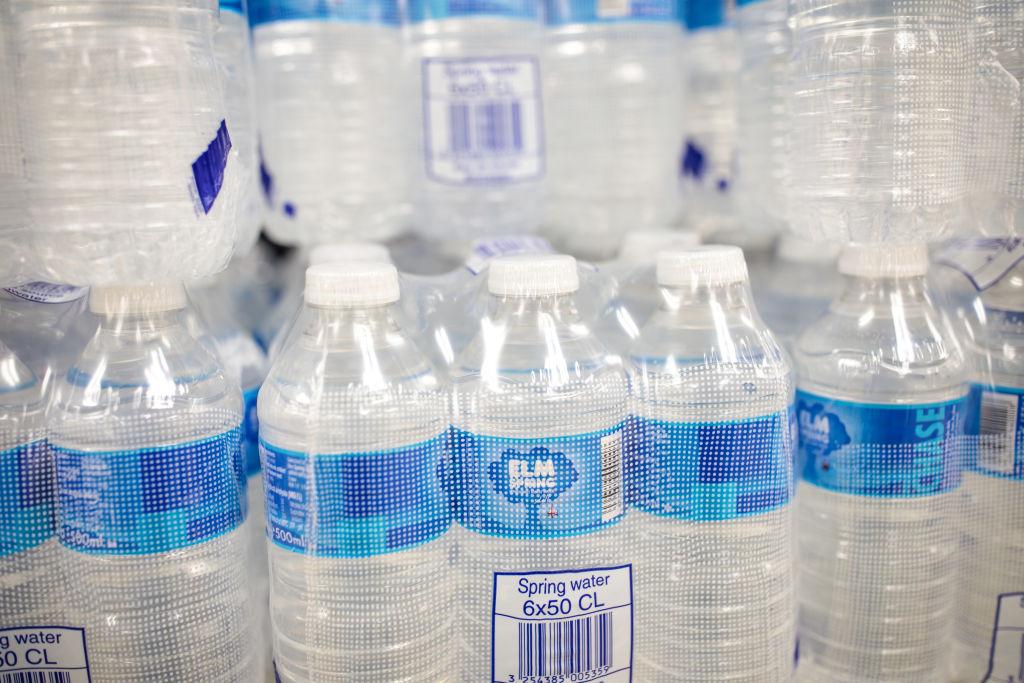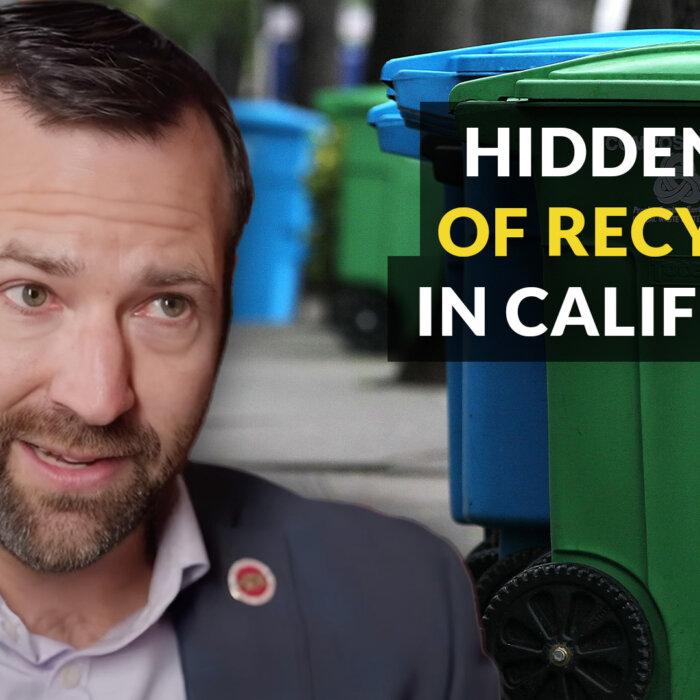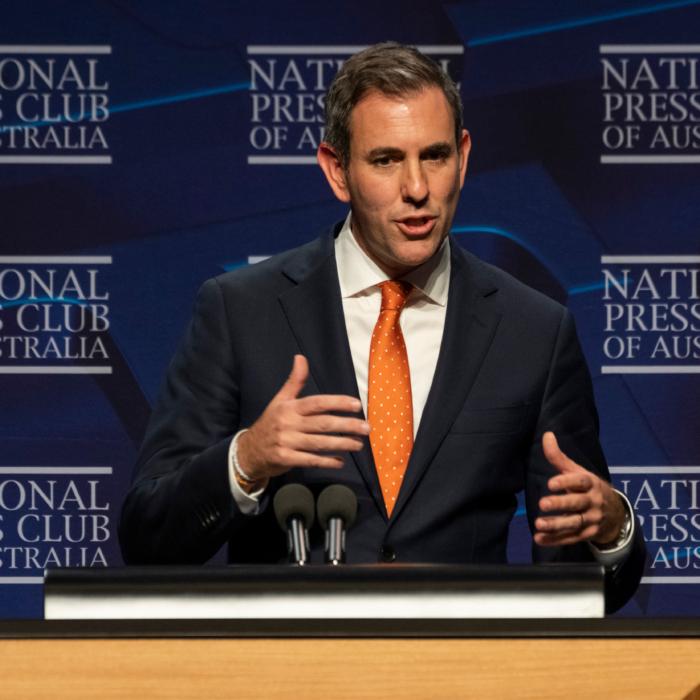Manufacturers say the total production of plastics in Europe has fallen by 8.3 percent and that they have seen the first-ever drop in production of mechanically recycled plastics.
Cheap imports of plastic from Asia and other places are undercutting European producers’ market share, but these products are often of inferior quality and cannot be recycled, according to manufacturers.
Since July 2021, single-use plastic plates, cutlery, straws, balloon sticks, and cotton buds have been banned in the EU.
‘Window of Opportunity’
Ten Bruggencate, who is also president of U.S. company Dow Chemical’s Europe, Middle East, Africa, and India region, said: “The circularity transition will only be successful if policymakers urgently implement the framework conditions needed to regain our competitiveness and provide an attractive long-term perspective for circularity investments. The window of opportunity is narrow and the time for bold action is now.”Plastics Europe said total plastics production in the 27-member EU bloc was down by 8.3 percent in 2023 from the previous year, falling to 54 million tonnes.
Mechanically recycled post-consumer plastics also dropped by 7.8 percent, to 7.1 million tonnes.
The organization said the figures contrast with a 3.4 percent rise in global plastics production and mean that European manufacturers’ share of the global market has fallen to 12 percent.
Europe is now a net importer of plastic resins and plastic finished goods.
In his report, Draghi said: “The problem is not that Europe lacks ideas or ambition. We have many talented researchers and entrepreneurs filing patents. But innovation is blocked at the next stage: we are failing to translate innovation into commercialization, and innovative companies that want to scale up in Europe are hindered at every stage by inconsistent and restrictive regulations.”
Draghi said low economic growth was caused by high energy prices and “restrictive” regulations as well as lower production costs outside Europe.
“Plastics recycling has no strong business case at present,” the Draghi report stated.
‘Worrying Slowdown’ Looming
Virginia Janssens, managing director of Plastics Europe, said: “To avoid a worrying slowdown in Europe’s transition, we need urgent measures to make investments in circular plastic production more attractive; reduce red tape, for instance, due to excessively long permitting procedures; and create a level playing field with our international competitors.“Despite the challenges, we remain fully committed to progress toward the circularity and net-zero ambitions of our plastics transition roadmap.”
However, she said, there is a need for the EU and individual states to “send an immediate and unambiguous message to investors and the market that they also remain committed to plastics manufacturing in Europe” and the transition journey.
The Epoch Times contacted the Circular Plastics Alliance for comment but received no response by publication time.







